Green Cover and Partners Expand Free Seed Program to Encourage Crop Diversity on U.S. Farms
Green Cover and Partners Expand Free Seed Program to Encourage Crop Diversity on U.S. Farms First Acre program aims to…
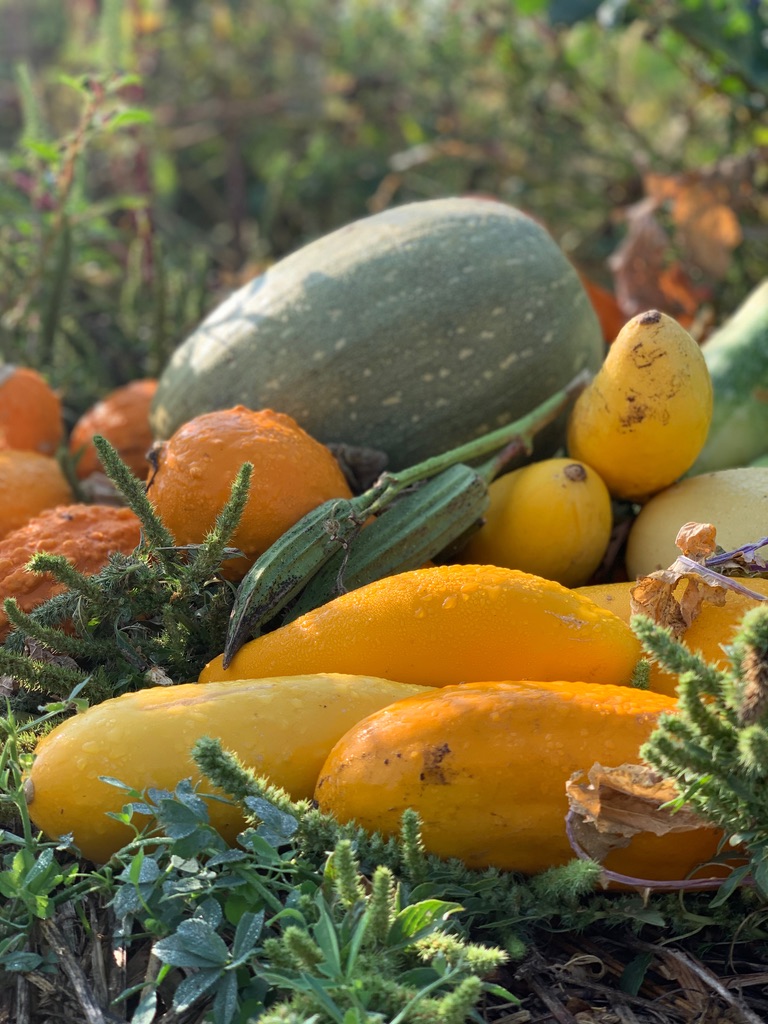
Please note: Free seed orders will include a shipping charge.
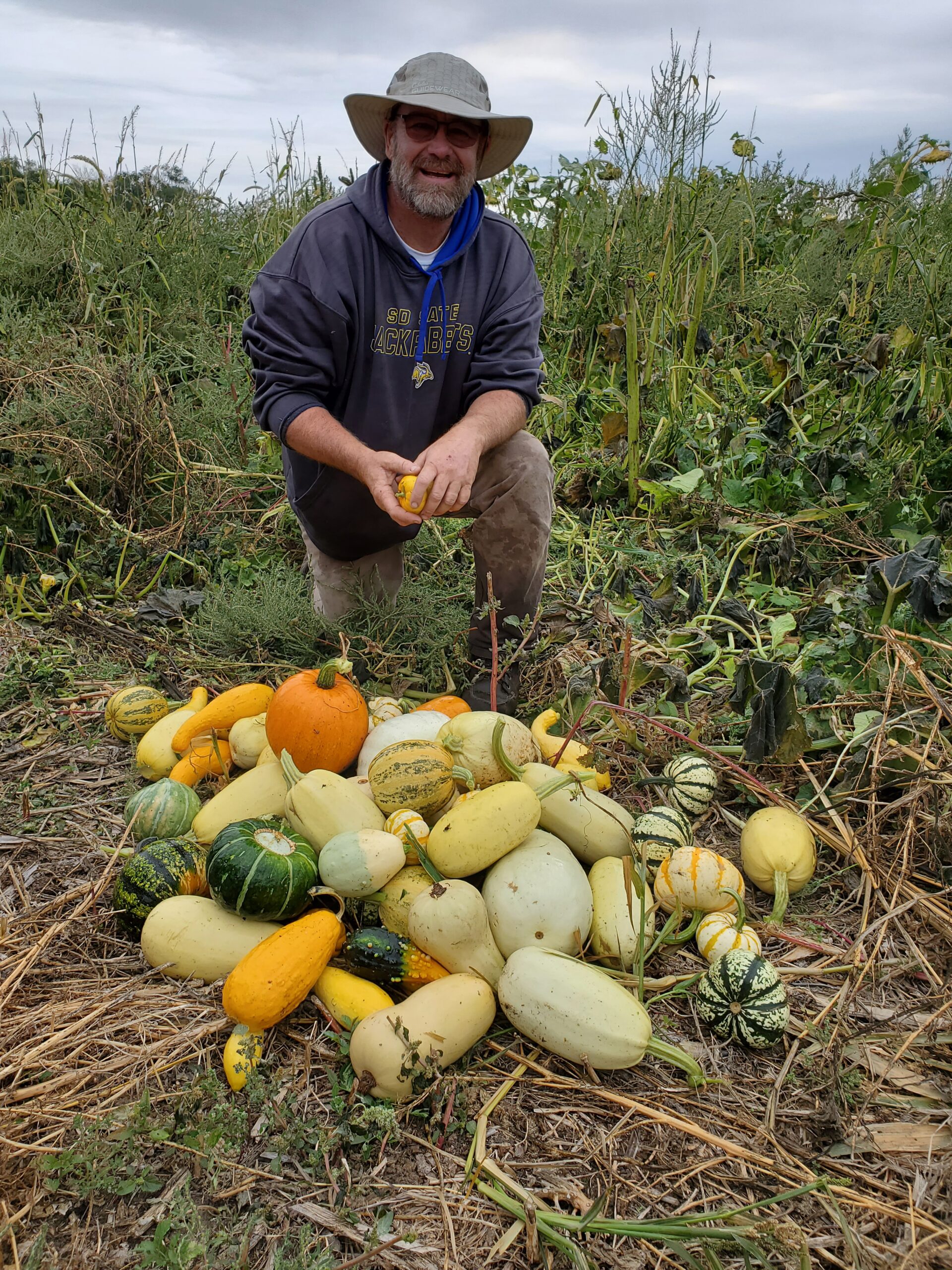
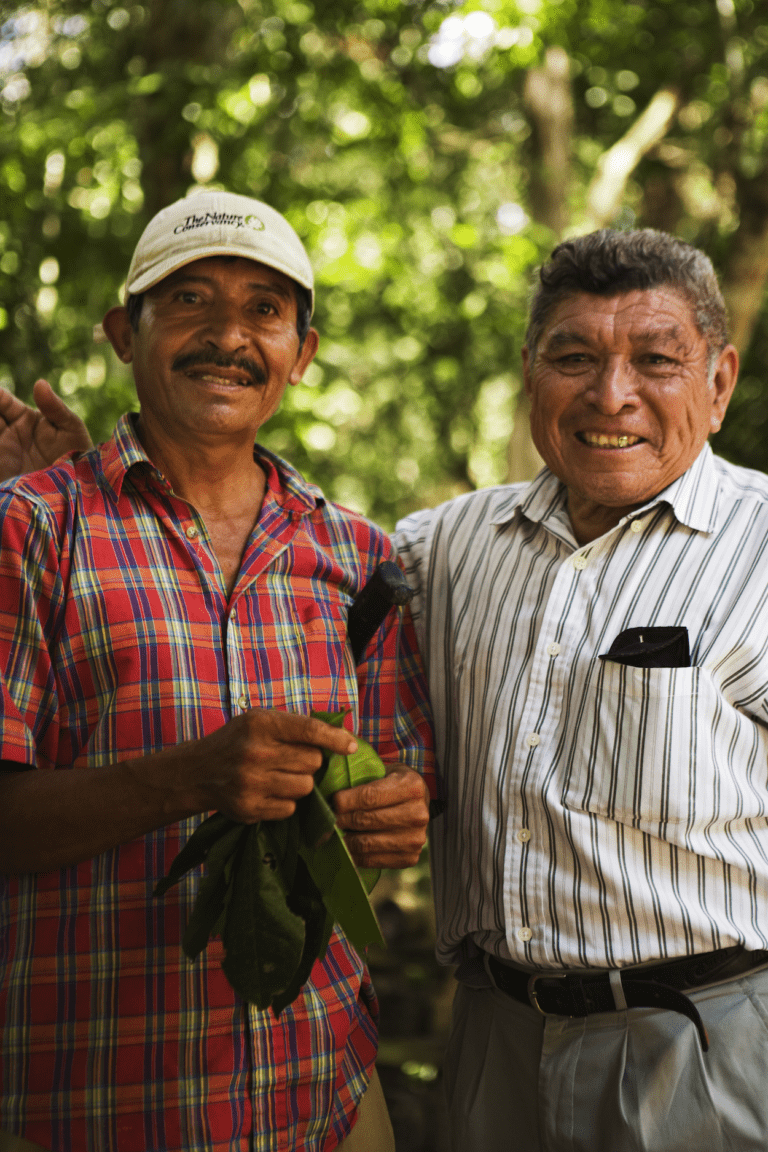
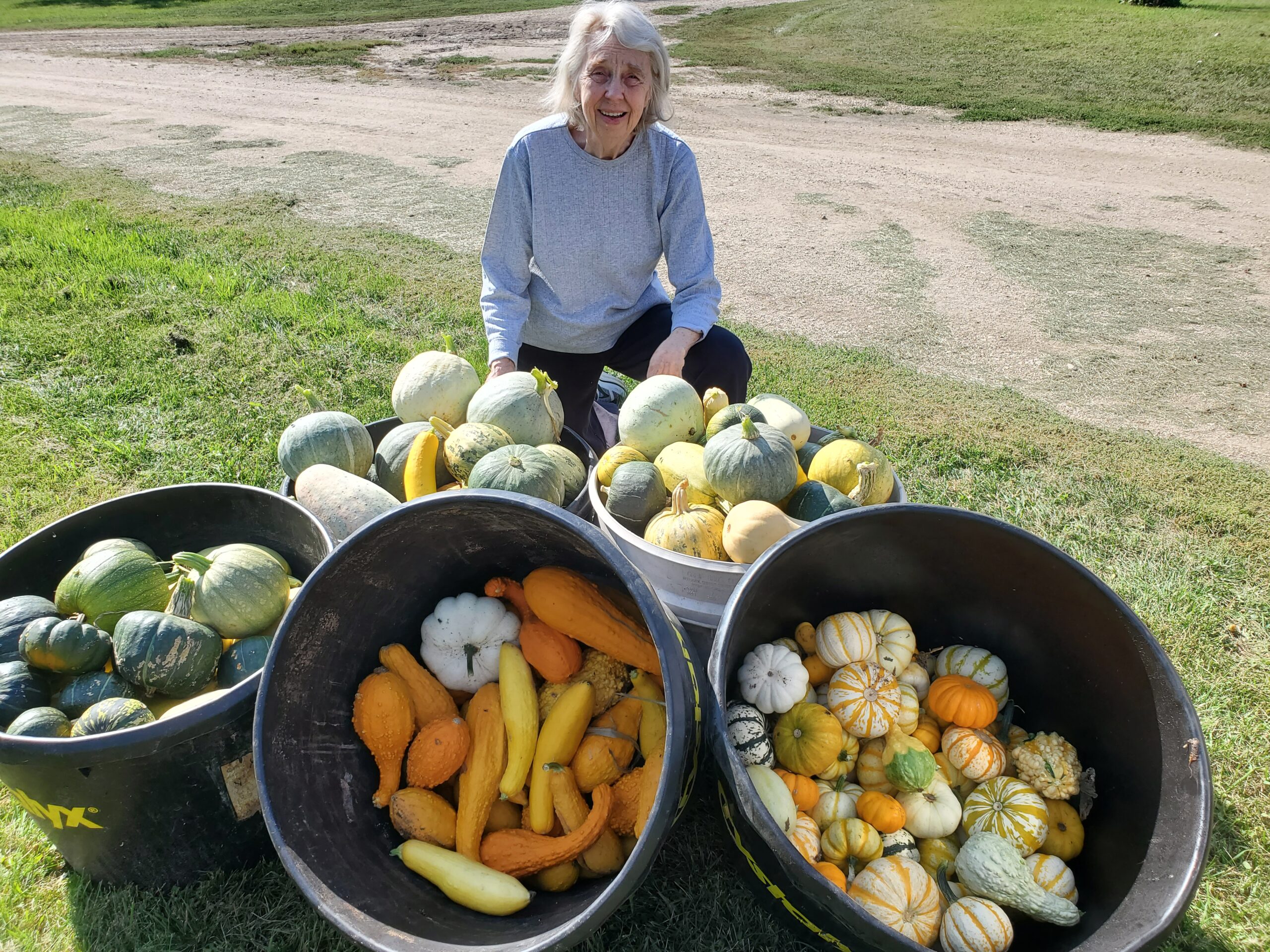
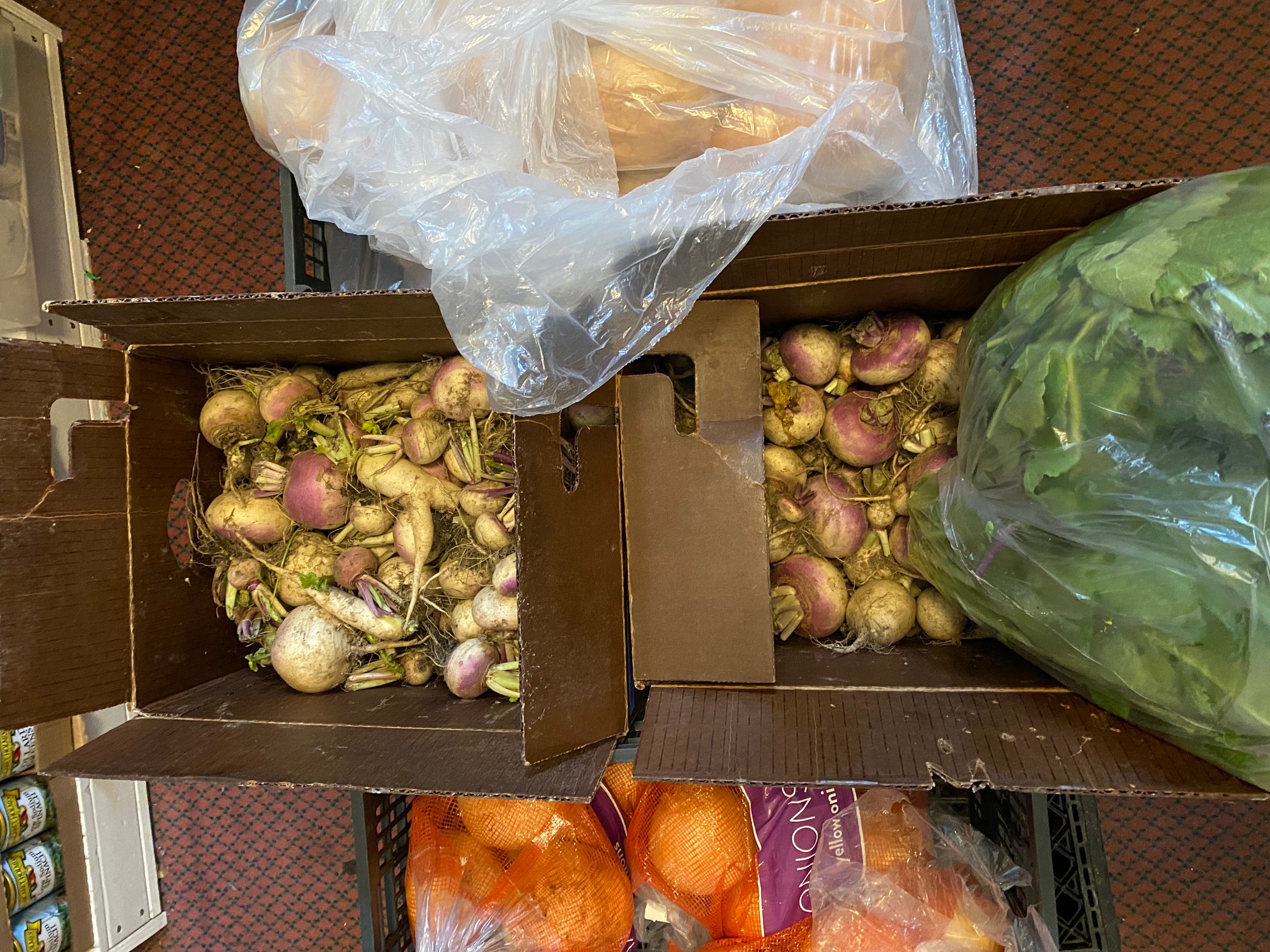
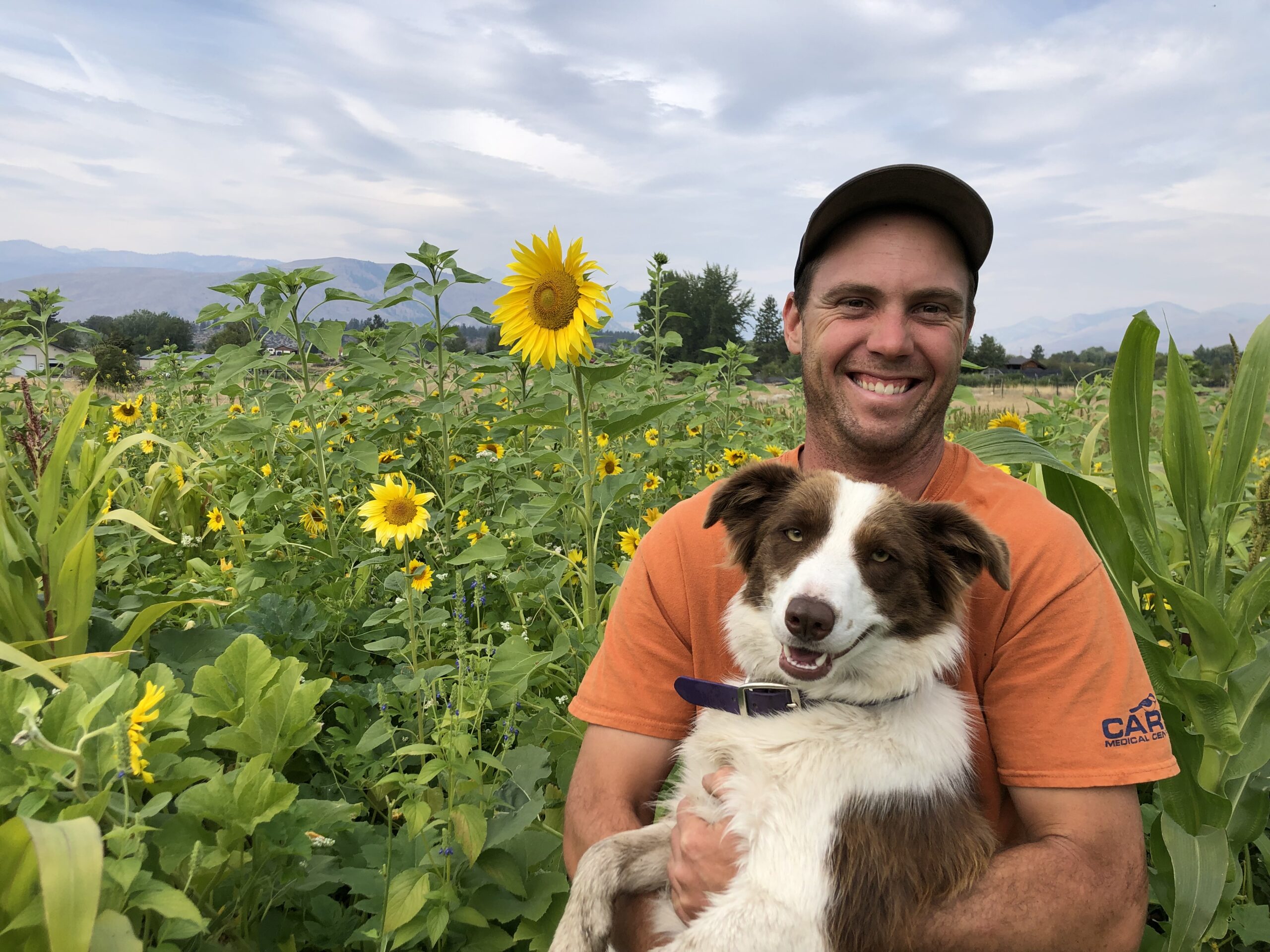
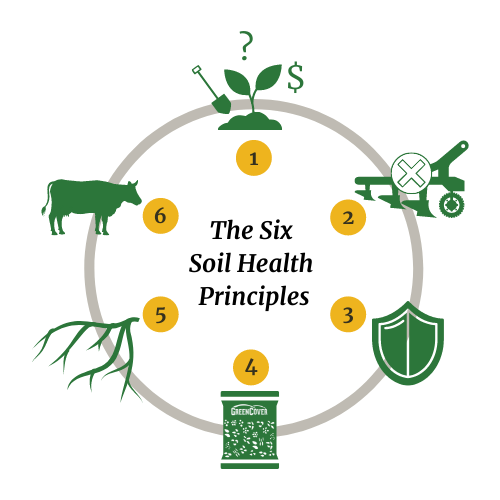

Flower Hill Institute